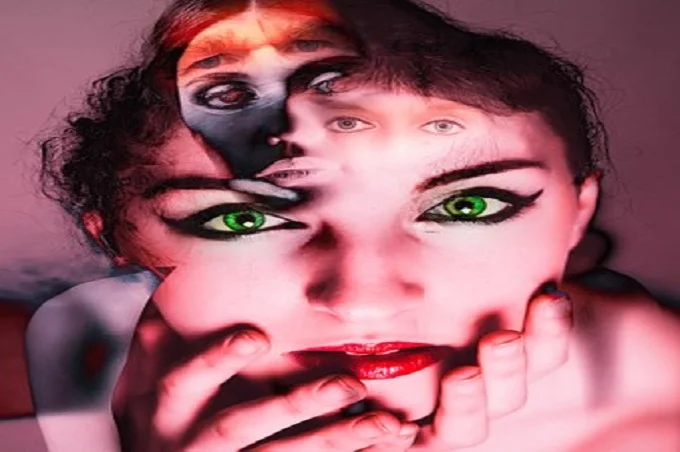Erotomania: when love becomes a disease

A mental disorder in which a patient is sure for no reason that another person is in love with him is called erotomania. People with this diagnosis find love hints where there are none. They blindly adore their “victim”, although they may not even be familiar with the person.
Symptoms of erotomania
A French psychiatrist’s writings described an erotomaniac as a person who forgets about all other aspects of life in a fit of passion. He believed that erotomaniacs are often inconsistent in their actions and can quickly move from one state to another. For example, jealousy is often replaced by horror and fear by hope.
In modern research, erotomania is often described as an independent delusional disorder. It is observed in manic states, schizophrenia, or psychopathy as a symptom.
The erotomaniac thinks a lot about the object of his passion and, even in his most direct actions, sees hidden signs of expression of love. In addition, erotomaniacs are capable of the strangest and most unusual actions for the sake of the object of adoration. Including those that contradict social norms. Below are a few qualities that accompany this disorder:
- obsessive love thoughts about a person with a higher social status;
- a sharp change in life priorities and values, adjusting to the interests of another person;
- idealization of the image and actions of the object of adoration;
- constant thoughts about a person, emotional dependence on him.
- At the same time, the erotomaniac notices love subtexts and signs from another person where there are none.
Most often, women face a similar disease. But isolated signs of erotomania are also recorded among men. Such behavior on their part is called stalking. However, unlike the erotomaniac, the stalker knows that the object of his adoration is not in love with him, but by his actions, he tries in every possible way to get the attention.
To get the latest stories, install our app here
What causes erotomania
This mental disorder often accompanies diseases such as psychosis, schizophrenia, and bipolar disorder. Prolonged absence of s3xual relations, the serious breakup of relationships, loneliness, and self-doubt: these signs often accompany erotomania and affect its formation.
The erotomaniac believes that his feelings are a response to the feelings of another person who hides them. At the same time, the object of the erotomaniac’s love may not know that he is involved in an imaginary romance. Moreover, the difficulty lies in the fact that the disorder begins suddenly and quickly gains momentum.




